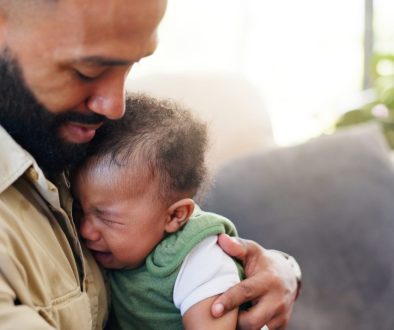The Emotional Life of Children: Understanding and Supporting Their Feelings

Young children experience emotions with depth and intensity that often surprise adults. Their emotional world is rich and complex, from joy and excitement to frustration and sadness. Understanding the emotional life of young children is key to supporting their development and helping them navigate the ups and downs of early childhood.
Young children are still learning how to understand and express their feelings. Here are some common aspects of their emotional experiences:
Big Emotions, Small Bodies
Young children’s emotions are often extreme. A minor disappointment can result in tears, while a small victory might lead to boundless excitement. Their emotional responses tend to be intense because they haven’t yet learned how to regulate their feelings.
Emotions Without Words
Many young children have feelings they can’t yet express in words. Instead of saying, “I’m frustrated,” they might throw a tantrum, or instead of expressing fear, they might cling to a parent. Helping children label their emotions is crucial for their emotional growth.
Emotional Rollercoaster
Young children’s emotions can change rapidly. They might swing from joy to anger or sadness in a matter of minutes. This is a normal part of emotional development as they process their environment and experiences.
Attachment and Security
A secure attachment to caregivers is vital to a child’s emotional health. Knowing that their parents or caregivers are there for them creates a safe emotional foundation from which they can explore the world and develop confidence.
How You Can Support Your Child’s Emotional Growth
- Name Their Emotions
When your child is upset or happy, help them identify what they’re feeling by naming it: “It looks like you’re feeling really sad” or “You seem excited!” This allows them to make sense of their emotions and gives them the vocabulary to express themselves. - Validate Their Feelings
It’s important to let children know their feelings are valid, even if they seem out of proportion. For example, saying, “I understand that you’re frustrated because you wanted to play longer,” helps them feel heard and understood. - Teach Coping Skills
As children grow, they need guidance on how to manage their emotions. Simple techniques like taking deep breaths, using words to ask for help, or even taking a quiet moment to calm down can be powerful tools for emotional regulation. - Model Healthy Emotional Behavior
Children learn how to handle their emotions by watching how adults respond to them. Showing empathy, using calm words when you’re upset, and expressing emotions in healthy ways helps them learn to do the same.
Helping young children understand and manage their feelings sets the foundation for emotional intelligence—a key skill for building relationships, coping with challenges, and navigating life’s emotional ups and downs. Parents can support their children’s emotional journey with love, patience, and guidance and help them grow into emotionally resilient individuals.





